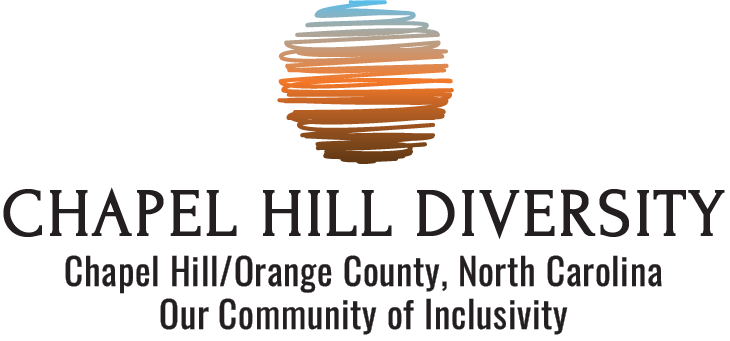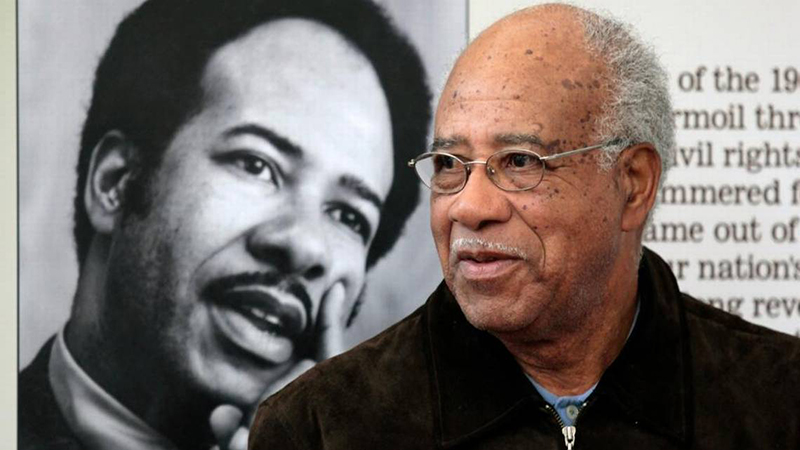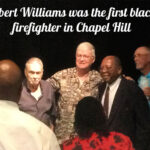One of the great moments in civil rights history took place in Chapel Hill on May 6th, 1969. That’s when Howard N. Lee was elected mayor of this town. In so doing, he became the first African American elected mayor in a predominantly white southern town since Reconstruction. Few people know that he was elected two more times, in landslides and with little fanfare. Voters were given the opportunity to change the town’s leadership and direction twice, and they did not.
Confronting Racism
A native Georgian, Lee moved to North Carolina in 1964 to attend the University of North Carolina. Graduating with a master’s degree in social work in 1966, he was hired to direct a research program at Duke and settled into a home in Chapel Hill’s Colony Woods neighborhood. After a cross was burned on his front lawn, Lee decided to enter local politics. The 1969 mayoral election saw a record 4,734 votes cast in Chapel Hill, and, at the end of the day, Lee defeated former newspaper editor Roland Giduz by 400 votes.
Q&A with Howard Lee
What is civility?
Howard Lee: I believe it is the ability to engage with others respectfully, despite differences, work to find common areas of agreement and to accept others despite areas of disagreement.
Has civility declined?
Without a doubt, it seems too many allow differences, such as philosophy, politics, ethnicity, sexual preferences, and gender, to become a repellent. I view America as a stew pot rather than a melting pot. A stew consists of potatoes, carrots, and beef, with each contributing to the ultimate delicious taste. We must work to accept each groups contribution to keeping America great.
The youth often lead the way during turbulent times. Do you see any youth movements that we should be aware of and supporting?
There are far too few youth groups focused on public service, partly because we de-emphasize teaching civics in public schools. However, I have been encouraged by the actions of the students from Marjory Stoneman Douglas High School in response to that tragic school shooting. (On February 14, 2018, a gunman opened fire at Marjory Stoneman Douglas High School in Parkland, Florida, killing seventeen students and staff members and injuring seventeen others.) I do believe it is essential to continue to encourage youth, especially in middle school, to engage with public office holders and follow laws being developed and how they might impact their lives and future.
Is civility possible again?
Only if we are committed to accepting and respecting others, listening more and talking less. My suggestion is to reduce texting and emailing and talk face to face. The two institutions that are a key to advancing this change are faith-based institutions and schools. We revive civility by reaching out as individuals and connecting one person at a time.





